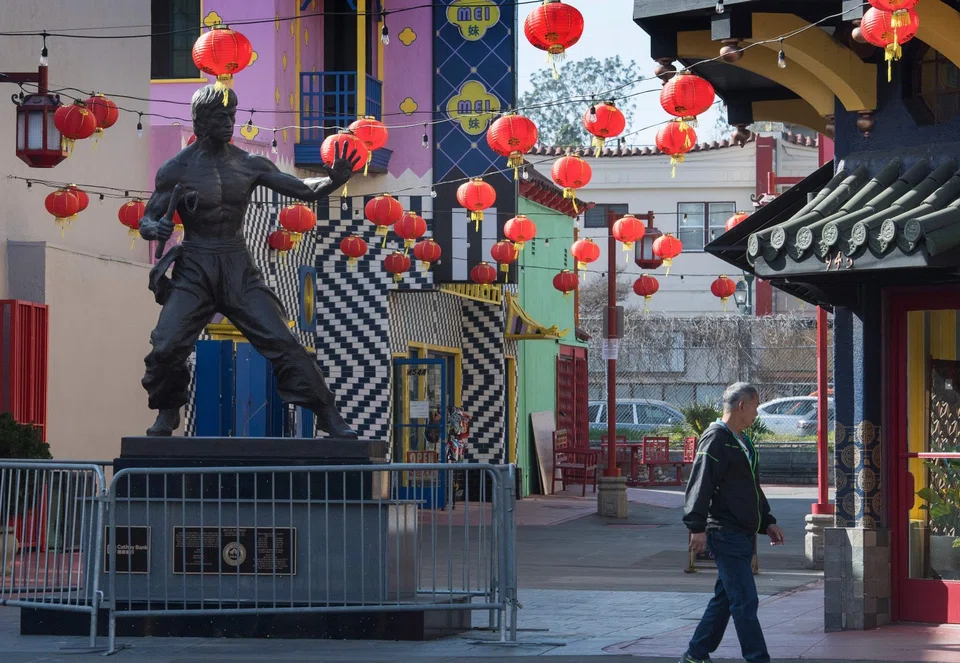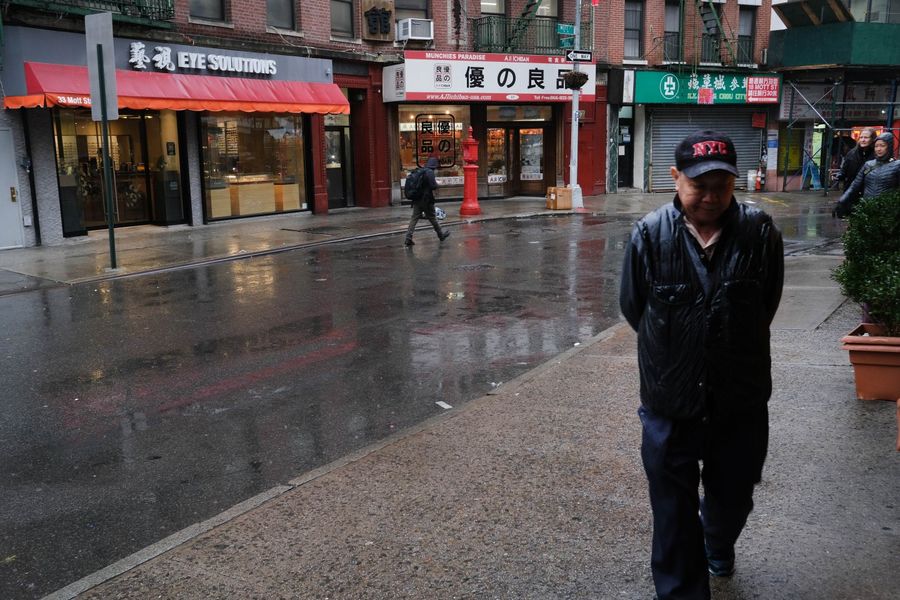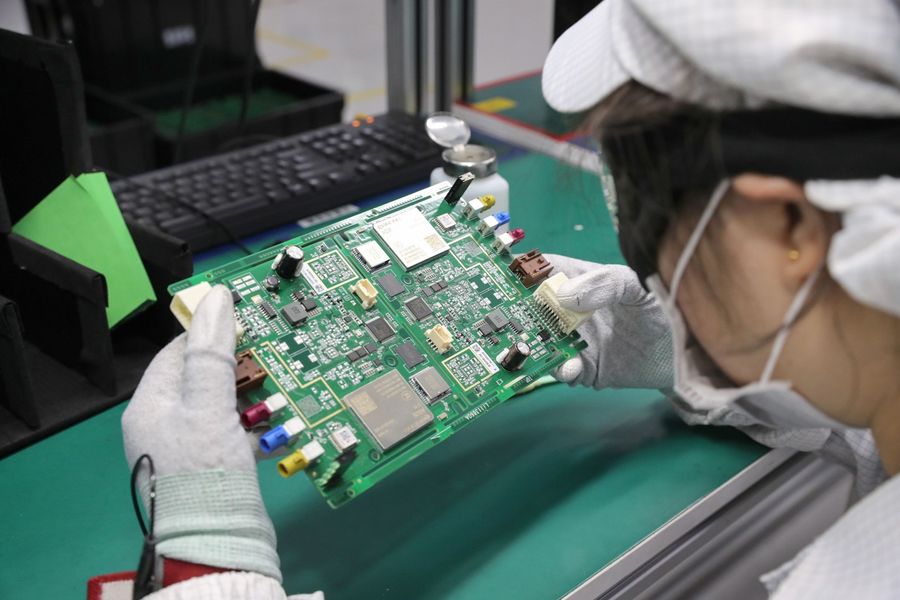China enters 'pre-decoupling stage' amid Covid-19 outbreak

With the havoc it has wreaked on China and the world, the Covid-19 outbreak is turning out to be the largest "black swan" event of recent years.
Its sudden occurrence presents a crisis management challenge for everyone. It also makes the prospect of China decoupling from Western countries a very real scenario.
China enters "pre-decoupling stage"
Under the Trump administration, the world's two largest economies have engaged in a trade war, with trade relations reaching new lows in the last two years.
China and the US have also locked horns on the technology front. Accused of using underhanded tactics and being a threat to national security, Chinese technology companies have been sanctioned and forced to spend more on research and development (R&D) and innovation.
Trade tensions between the two had eased somewhat after the signing of the phase one trade agreement, but the threat of decoupling still hung in the balance. Competition and conflicts intensified in the area of technology while on the international stage, geostrategic threats increased as China vied for a bigger role.

The Covid-19 outbreak has just escalated the situation, curtailing domestic economic activity and restricting social and economic exchanges between China and the outside world. One might say, the epidemic has plunged China into a "pre-decoupling stage" with the rest of the world.
Stress testing under extreme circumstances
The Chinese government has announced that the country is facing "wartime conditions" and will be imposing a system of political, economic, and social management. In light of these measures, temporary stagnation of the domestic market economy and a slowdown in foreign economic activity are expected. Externally, partial decoupling is possible, while internally, strict economic and social controls are likely to be enforced.
The decoupling effect of the crisis is not only stress testing China's economy, but also its governance.
Undoubtedly, China faces a strong stress test. Already, the Chinese government has made the unusual move of postponing the release of its January trade data. Observers predict that this is because the country's trade has been severely affected by the Covid-19 outbreak. Trade and economic figures for February are expected to be worse, given that China's visitor arrival and departure numbers plummeted after the Lunar New Year. From this perspective, China is decoupling from the rest of the world, albeit unwillingly.

The decoupling effect of the crisis is not only stress testing China's economy, but also its governance. China has gradually opened its doors to the outside world and integrated its economy with the global market over 40 years of reform and opening up. This has made the country more fragile and vulnerable to external factors - a point that was underscored in its trade war and technology dispute with the US.
Manufacturing credentials aside, China's top companies are suffering under a ban imposed by the US on sales of high technology components and software. From its trade and technology tussles with the US, China has learnt that even though countries usually focus on developing parts of the global value chains where they excel in, ideological, geopolitical, strategic differences with Western countries like the US could derail outcomes. China needs to know how to survive in the event of extreme economic decoupling. The ability to be self-reliant, to retain its R&D and innovation capabilities even as it becomes increasingly integrated with the global economy, is important for a big country like China.
Emerge stronger or fall
Even though China is a market economy and has implemented a policy of reform and opening up, self-reliance remains a key tenet of the Chinese Communist Party, seen through the country's energy, agricultural, and technology policies.
If it passes the stress test, it would have levelled up in governance, and seized the initiative for subsequent rounds of trade talks and future competition with the US.
Economic interdependence is often used as a political lever by sovereign countries to exert pressure on their counterparts. This tactic gained popularity after economic globalisation took off in the 20th century, as detailed in Power and Interdependence: World Politics in Transition written in the 1970s by American international relations scholars, Robert Keohane and Joseph Nye. Some countries opt for a semi-isolationist policy of self-reliance and independent R&D so that they do not have to adopt a reactive approach when jostling with major powers. Although a country sacrifices efficiency in doing so, its security and sovereignty are enhanced.

From China's perspective, passing the decoupling stress test brought on by the Covid-19 outbreak is critical in determining whether it will have the muscle to negotiate and compete with other major powers. It will also decide whether the country can continue developing and maintain an upward trajectory. If it passes the stress test, it would have levelled up in governance, and seized the initiative for subsequent rounds of trade talks and future competition with the US. Conversely, a stumble here would imply that the Chinese economy is very fragile and highly dependent on the rest of the world. This leaves China disadvantaged in the global economic arena.
